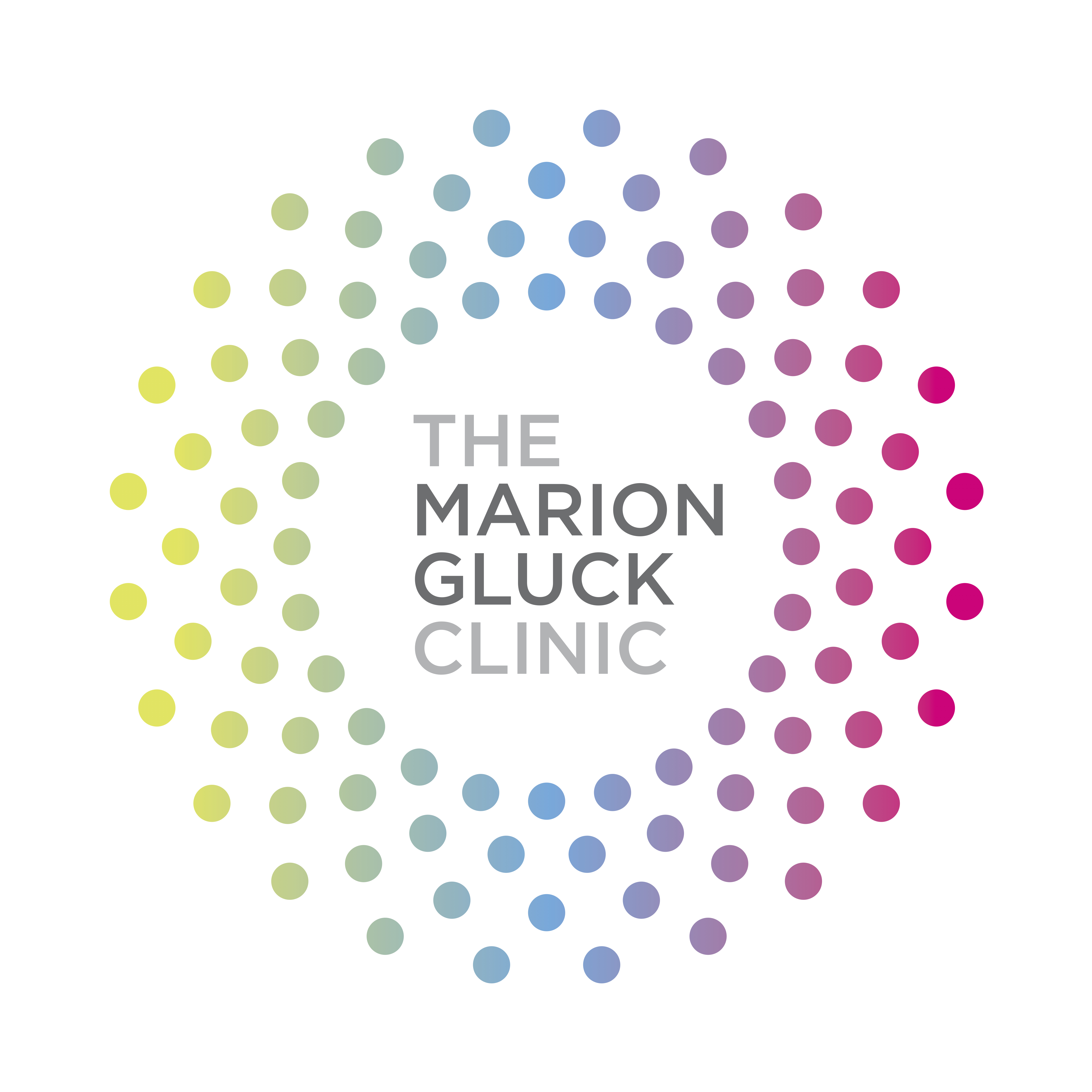Cycle Syncing: What To Eat In Each Phase Of Your Cycle
Whilst men only have the circadian rhythm to contend with, women have a second body clock as well, and that’s their monthly cycle.
And just like we eat differently in the height of summer versus the depths of winter, adjusting your eating depending on where you are in your cycle can be a great way to help you feel your best all month long.
Menstrual cycle phases
There are four phases of the menstrual cycle. These are:
Menstruation phase
Follicular phase
Ovulation phase
Luteal phase
Below are some tips on what to eat in each phase of your cycle.
Menstruation
Your cycle starts with menstruation (technically the first part of the follicular phase) — the time that you are actually bleeding. This is the equivalent of winter.
You may be craving duvet days, which is another way of saying that what you might actually be feeling is a range of factors, such as overwhelming fatigue, vulnerability, tearfulness, anxiety and withdrawal. Menstruation can be hard — a YouGov study showed that a third of women have taken time off work for menstrual cramps, though more than half of them didn’t tell their employer it was because of this.
Menstruation can also be a physical and emotional cleanse. Since winter is a good time to hibernate, this is a good time to slow down, rest or move with more awareness.
It’s a time for warm nourishing foods, particularly those rich in iron and vitamin C to help to replenish iron lost with bleeding, and foods rich in B vitamins for energy. Good sources of iron are red meat, beans or pulses, shellfish, and dark green leafy vegetables. Good sources of vitamin C are fruits and vegetables. Good sources of B vitamins are whole grains, meat shellfish, eggs and dairy and leafy green veg.
Follicular phase
When you finish bleeding, you enter the second part of the follicular phase. This is the equivalent of spring — because hormones are on the rise and everything begins to feel that much lighter. As oestrogen rises, you will likely feel more positive energetic, outgoing creative and curious.
If you’re still feeling tired, then you might want to get your iron levels checked. This is the time to eat:
Ground flax seeds and pumpkin seeds — these support rising oestrogen levels
Healthy fats such as wild salmon, olive oil butter coconut milk and avocadoes help improve oestrogen production
Ovulation phase
Next up is the ovulatory period or summer — this is when oestrogen and testosterone peak and you generally feel hot, energetic and invincible.
You may have a lower appetite (for food at least). But during the ovulation phase, it is best to eat foods rich in B vitamins (whole grains, meat shellfish, eggs and dairy and leafy green vegetables), which are important for hormonal balance and healthy cell division.
If you’re trying to fall pregnant, go for foods rich in isoflavones such as soybeans, tofu, tempeh and miso which help increase pelvic blood flow. You can also eat foods to support your immune system, such as shitake mushrooms.
Luteal phase
Once ovulation is over, we enter the luteal phase, or autumn — a more introspective time.
You might feel more sensitive to criticism, more detached and less productive than you did when oestrogen was on the rise. You might also find that you’re more sensitive to noises and smells. This can be a time when PMS kicks in. If that’s the case, take our PMS quiz to see if you could benefit from treatment.
Food-wise, the key is to avoid low blood sugar (glucose), which makes PMS worse because progesterone — the calming hormone that is the key to resilience — can’t do its job when blood glucose levels are low.
Stabilise blood sugars with slow-release carbohydrates such as beans and pulses, vegetables and whole grains, berries and citrus fruits, along with good protein sources and polyunsaturated and monounsaturated fats.
Eating for your cycle can be particularly helpful if you’re:
Overweight
Exhausted or have a low sex drive
Suffering from bad premenstrual stress
Suffering from polycystic ovarian syndrome (PCOS)
Trying to conceive






